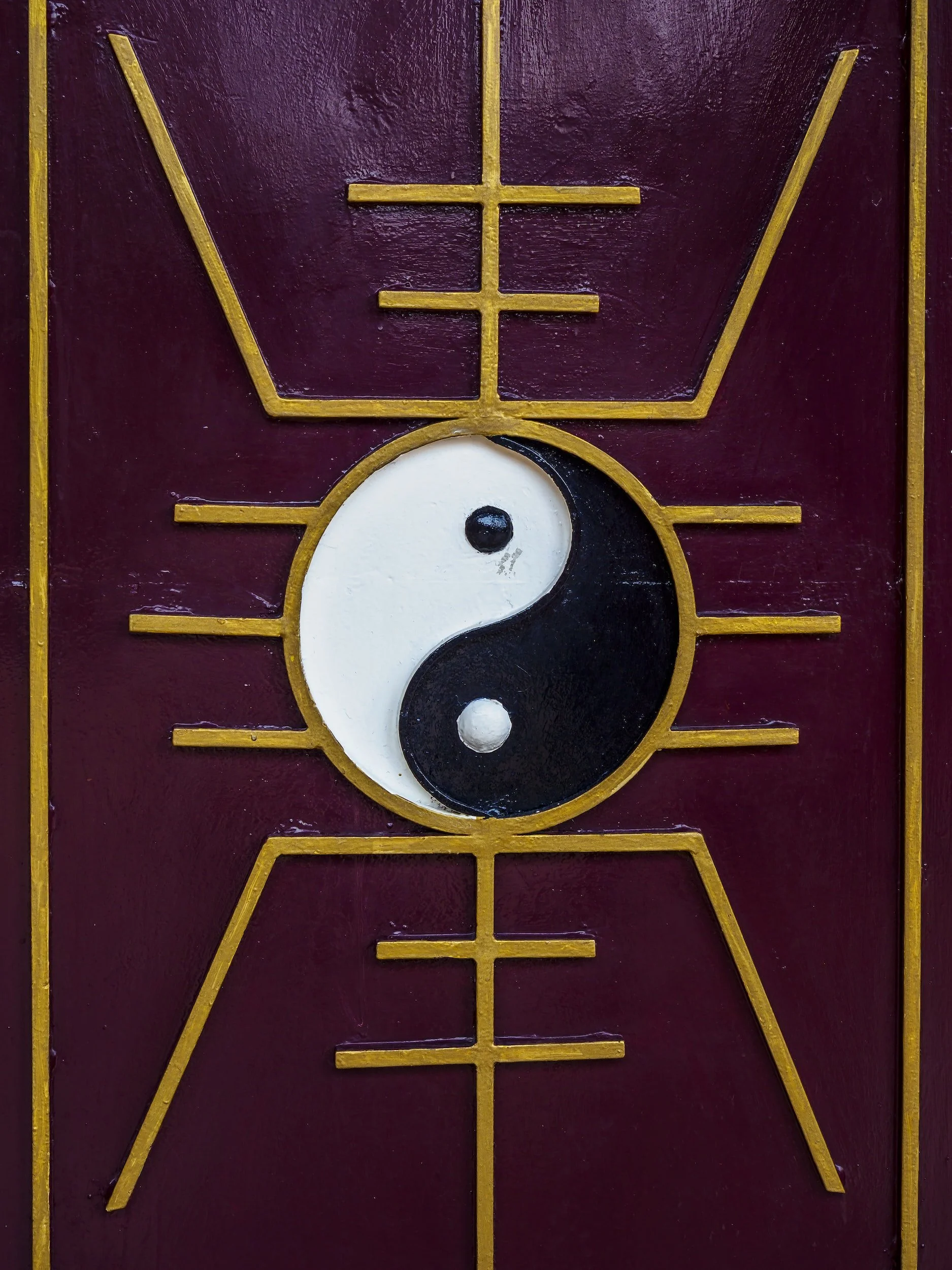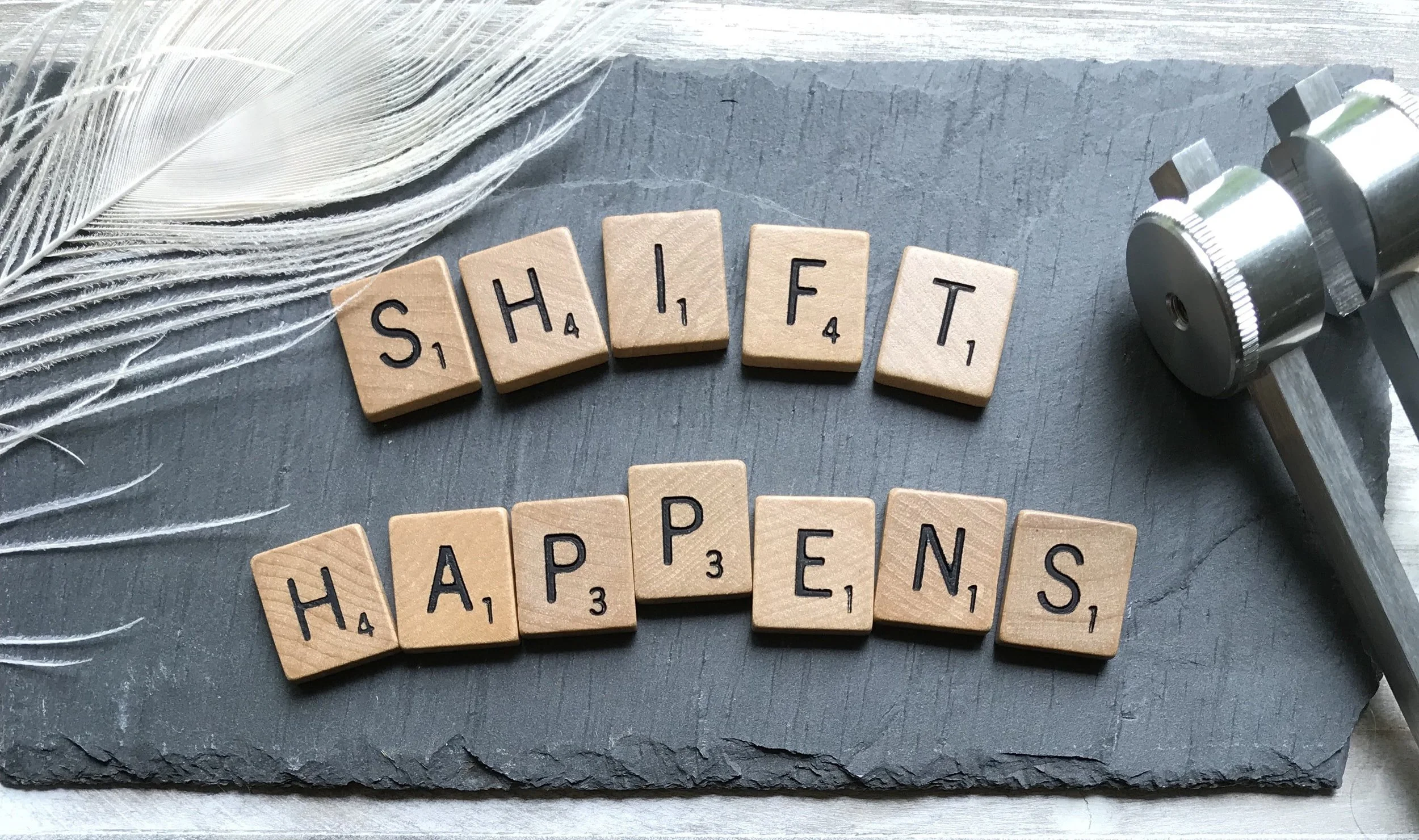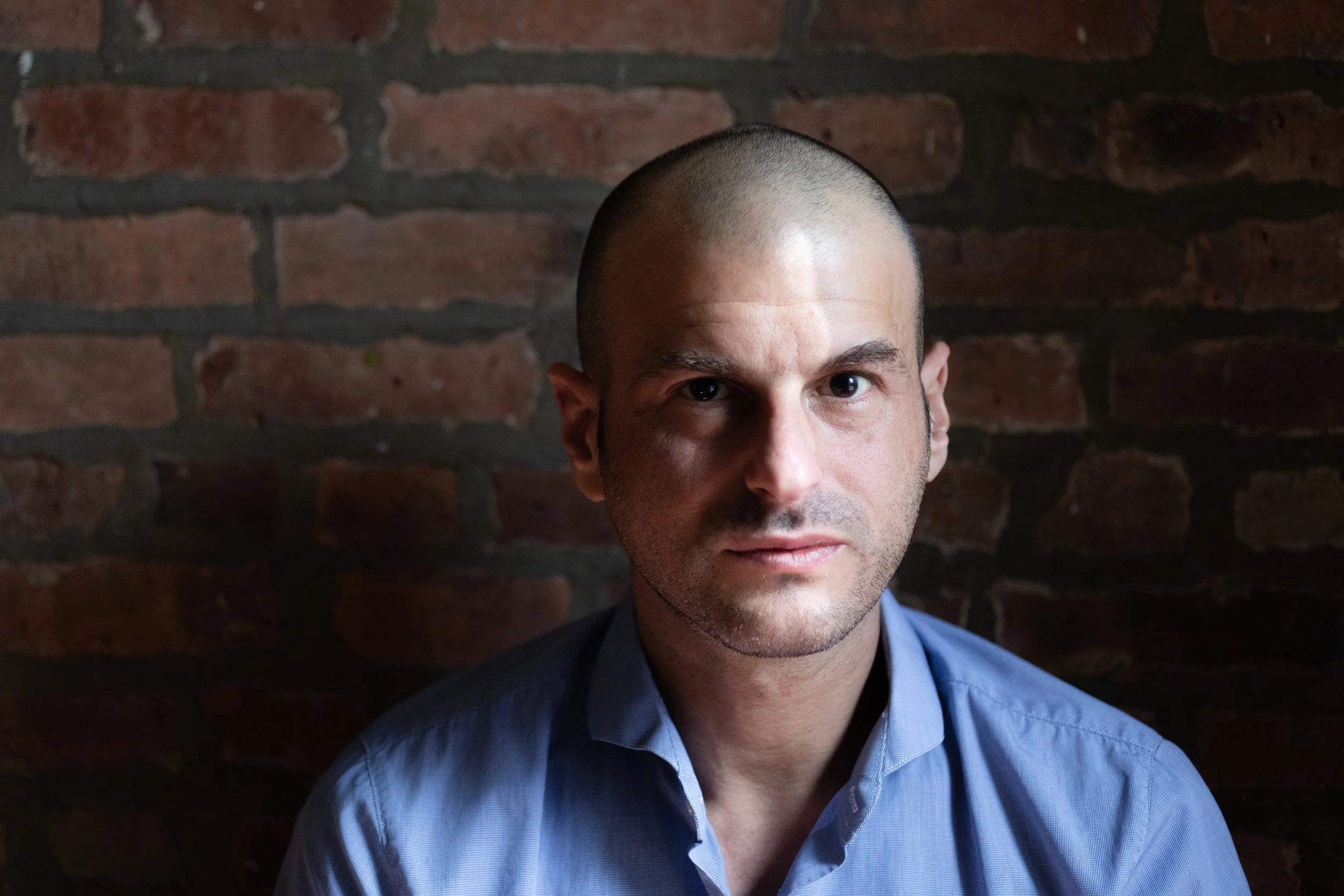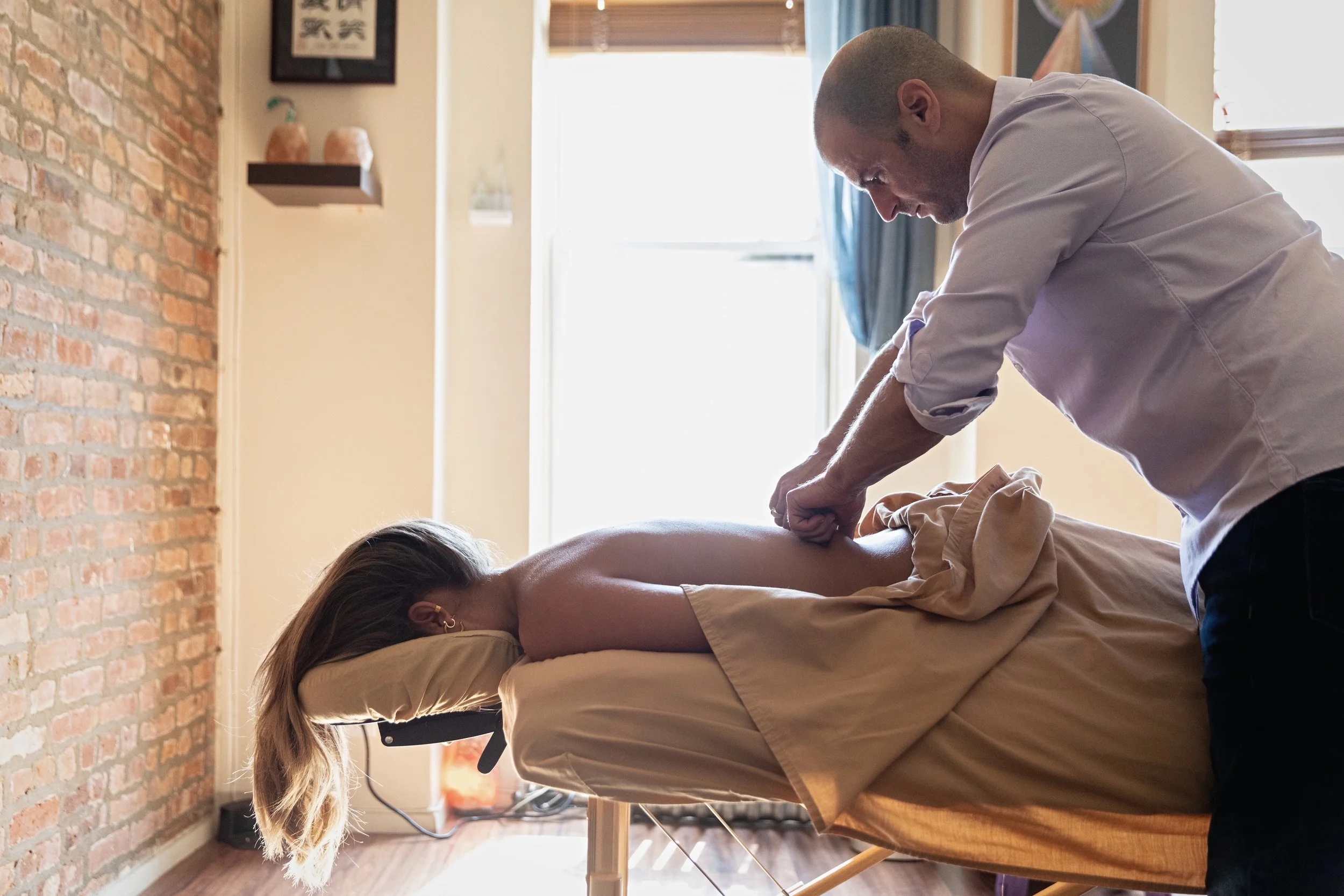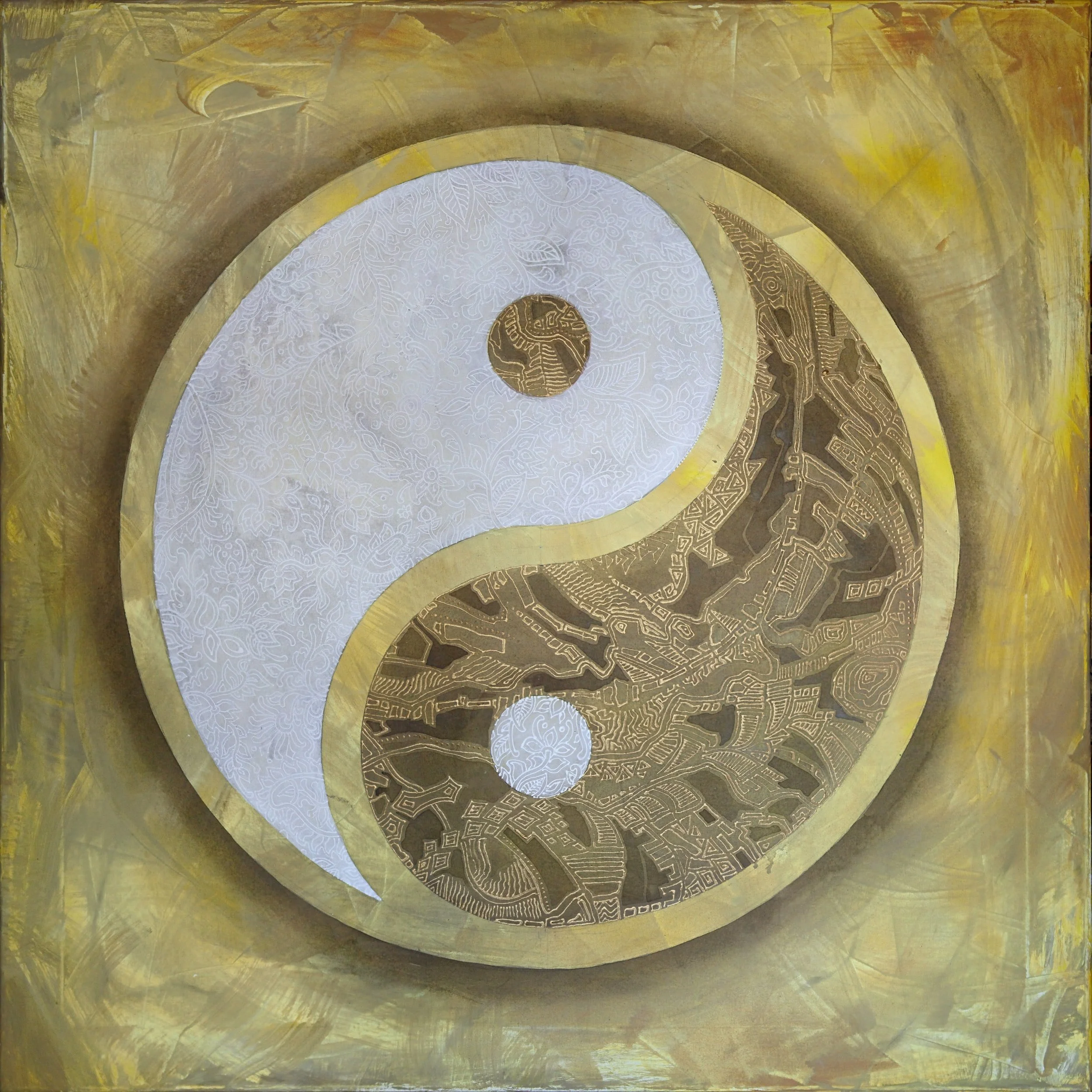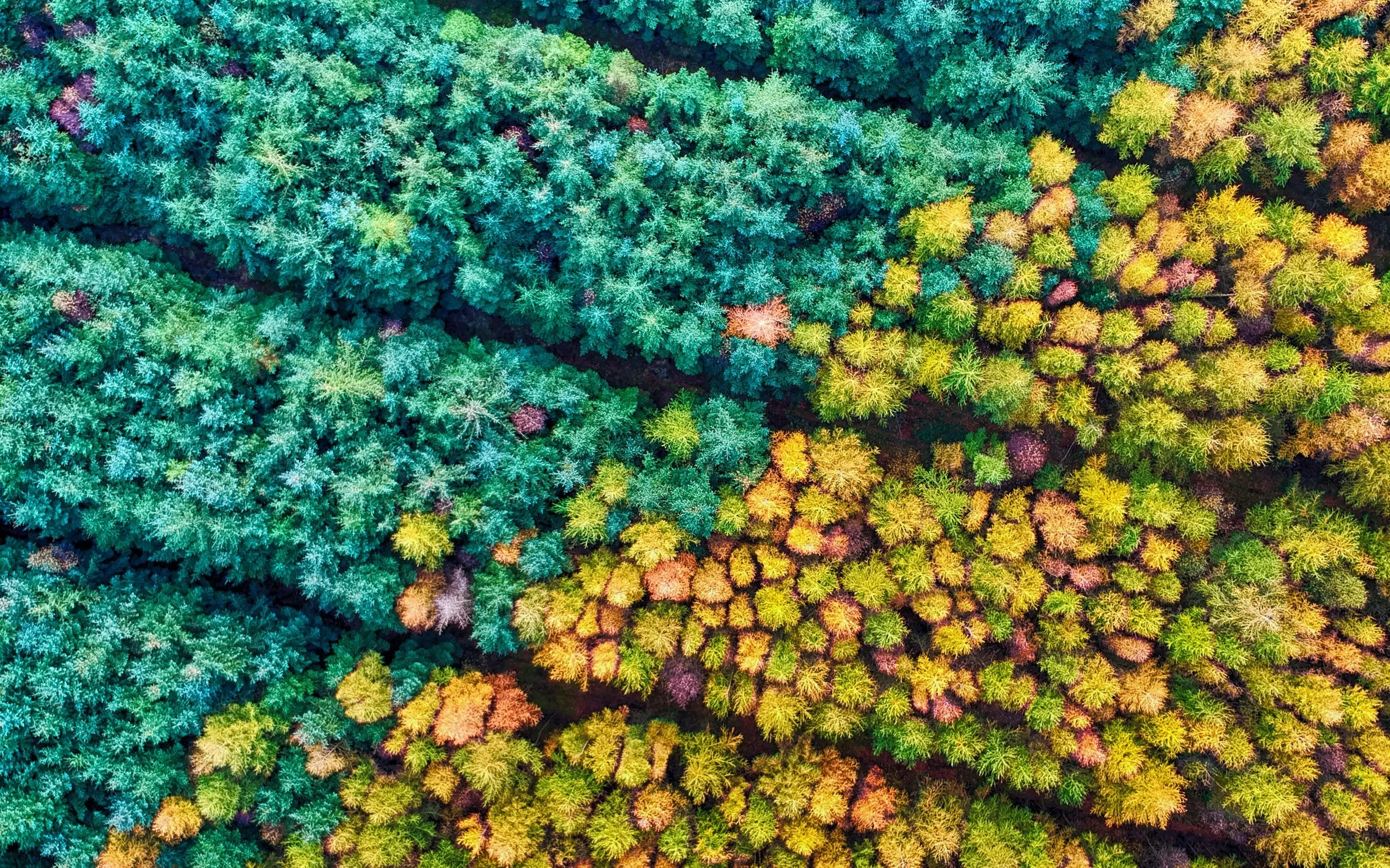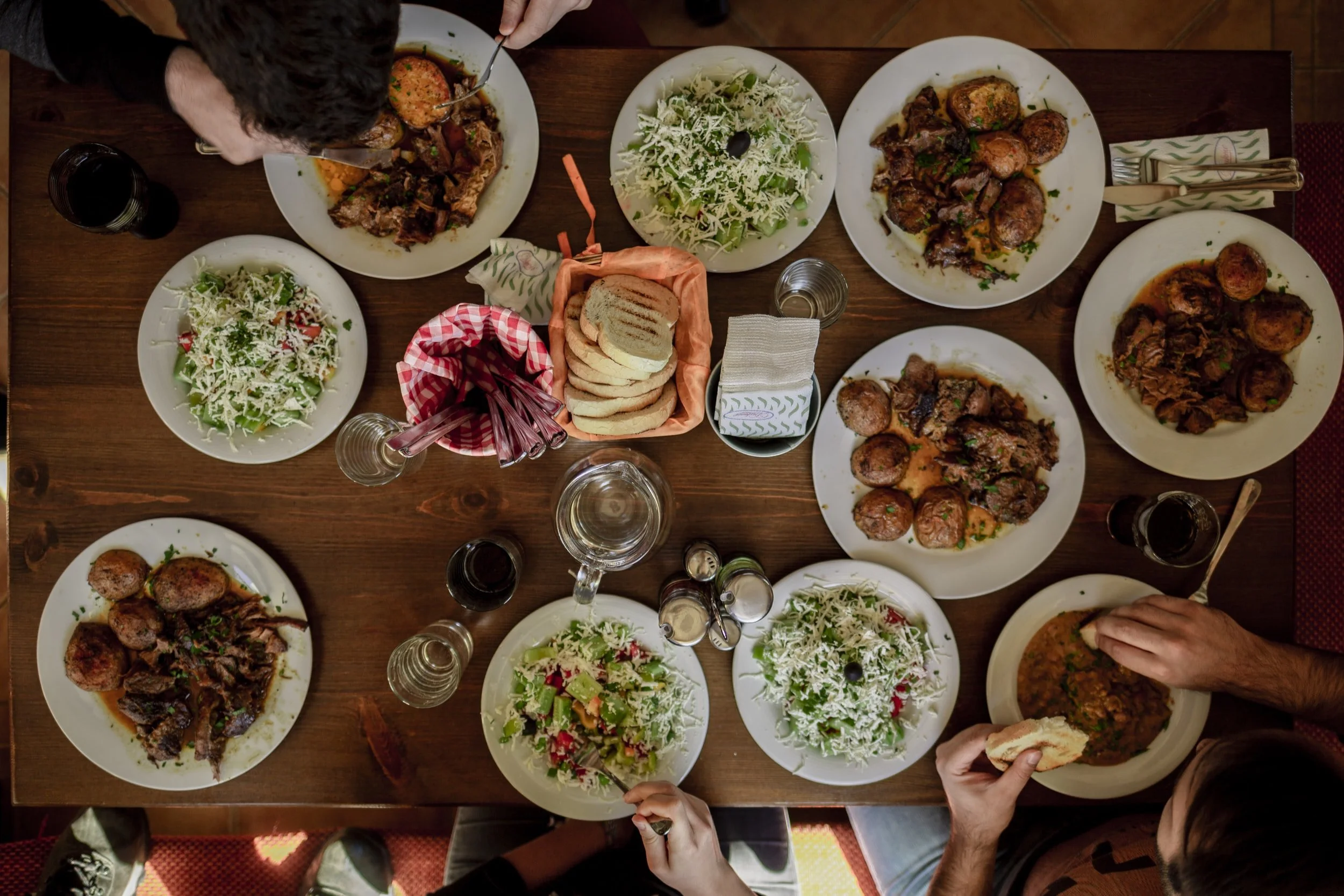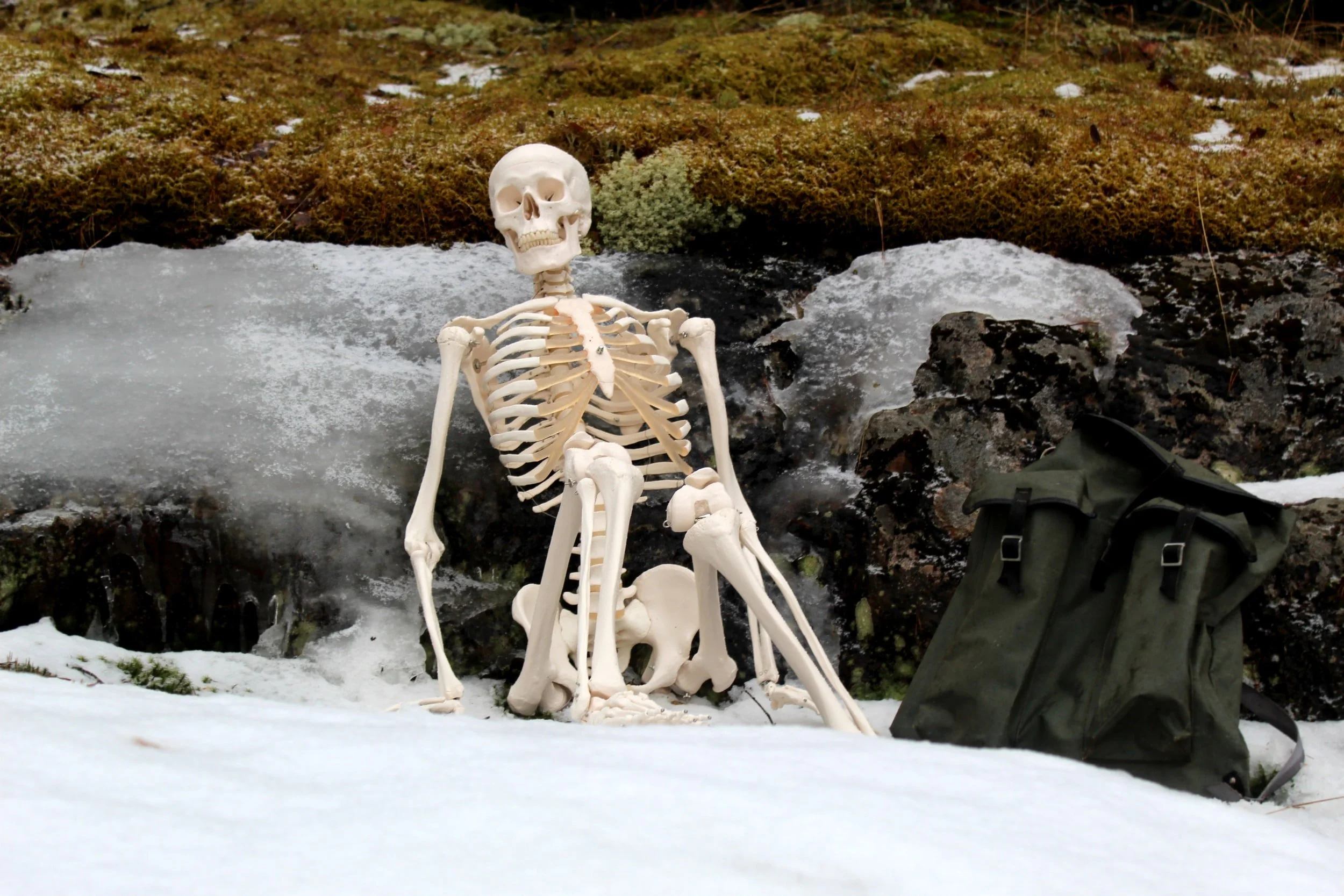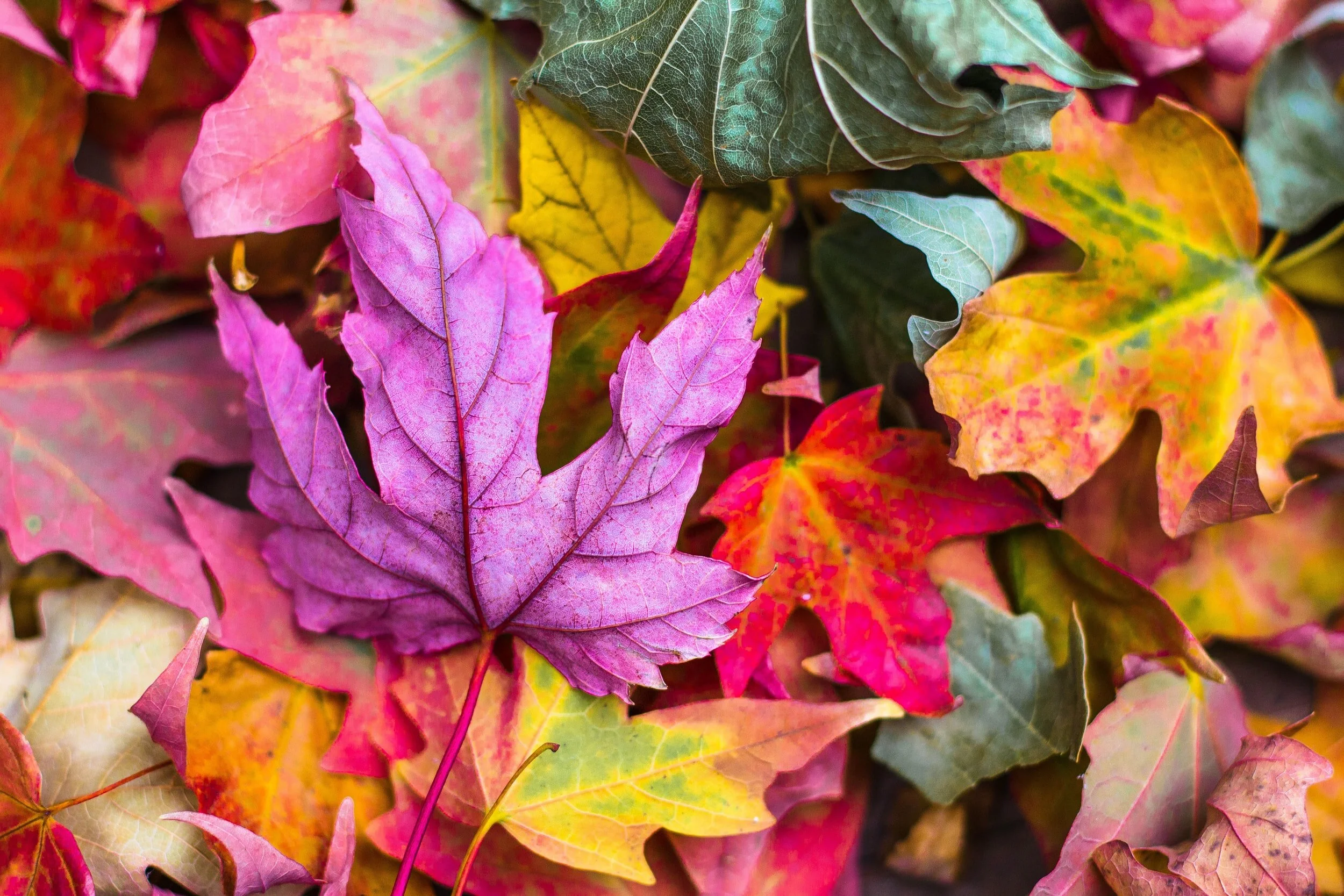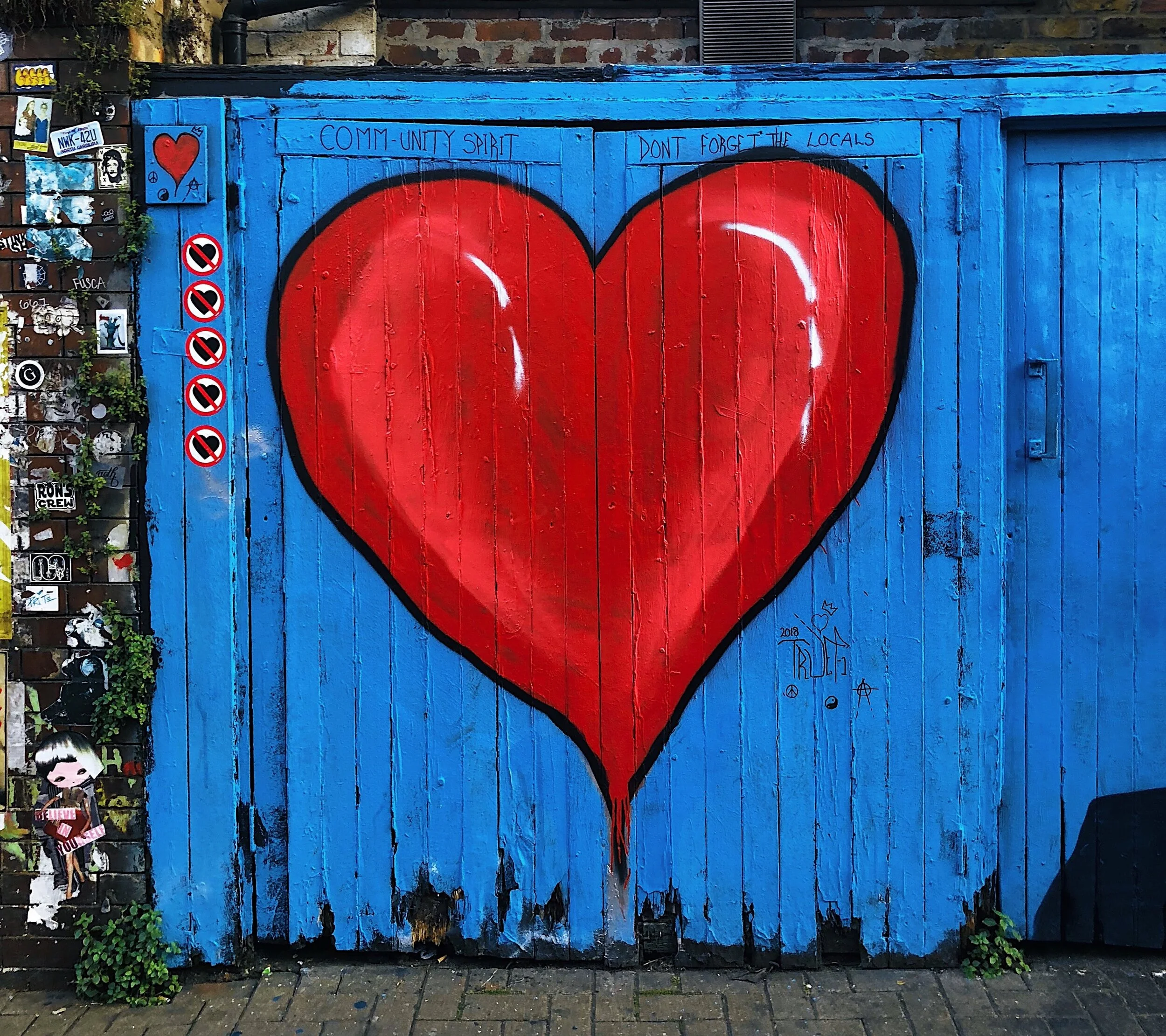Can Marc Help your Seasonal Allergies?
Allergies, seasonal or year-round, are an ongoing problem for many individuals. Seasonal allergies typically affect people during a particular season or time of year. They are also called outdoor allergies and are generally triggered by tree, grass, weed pollens, or outdoor mold spores. Animal dander, dust mites, mold spores, or insect allergens typically bring on year-round, also known as indoor allergies. There are also food allergies, which occur due to eating a culprit food and can create physical and emotional symptoms such as body hives, swelling, itching or redness of the skin, depression, and moodiness.
Acupuncture for Wellness
Should I get acupuncture if I’m not sick? This is a question people often ask. For more than 2,500
years practitioners of acupuncture & Traditional Chinese Medicine (TCM) have emphasized the importance
of preventative medicine rather than waiting until the disease begins. Yang-sheng is the preventive
branch of Chinese medicine. Yang-sheng means to nourish life.
ACUPUNCTURE AND COVID LONG - HAULERS
Chinese Medicine has a beautiful way of getting to the core principles of a disorder as an efficient way to inform appropriate treatment. While terms like deficiency, excess, stagnation, and retained pathogens may seem simple, they can be related to modern medical explanations of diseases (like post-COVID syndrome). Western biomedical research into Long-Haul COVID (LHC) looks at immune and cellular dysfunction that can lead to organ and tissue damage.
Why You Should Think of Receiving Regular Acupuncture Treatments
There are many ways acupuncture treatments can change a person’s life. One of the most noticeable is acupuncture can get you to look at your health from a completely different perspective.
5 Benefits of Acupuncture
TCM treatments promote the movement of qi throughout the body to help bring balance back to the body. The goal of Acupuncture is to correct this imbalance which can cause a variety of ailments and conditions that you may currently have.
Chinese Medicine and Low Back pain
Traditional Chinese Medicine (TCM) is a medical system that dates back nearly 3,000 years. But despite its age, TCM has a lot of validity to offer in the age of modern medicine. TCM provides many ways of combating low back pain. Here are just a few examples of how this ancient medical system can help.
A Healthy Forecast: How the Weather Affects our Health
Most of us had heard the advice to bundle up in cold weather to prevent "catching a cold" or hear someone predict a storm when their hip or elbow was achy. Or how about getting a case of the winter weather blues? Even in the western world, we recognize a relationship with nature in environmental conditions. Changes in temperature, sunlight, barometric pressure, and humidity all play a role in this relationship.
Winter Solstice 2024: Where Yin meets Yang
The winter solstice falls on December 21st. The solstice is a magical moment in Chinese Medicine's view of seasonal rhythms. When Yin, the dark aspect of the Yin-Yang symbol, reaches its peak, and the spark of Yang is born again. It's a time when we honor the darkness while celebrating the coming of the light. The word solstice means 'sun stand still,' marking when the sun reaches either its highest or lowest point in the sky (depending on the hemisphere) and, to ancient astronomers, appeared to stand still. To those in the Northern hemisphere, December 21st will be the shortest day of the year and the longest night.
5 Ways to Eat Without Overeating this Holiday Season
We've always heard the saying to enjoy everything in moderation, which is definitely true for holiday foods. Don't try to deprive yourself during the holidays. It most likely won't go over well. Having an extra holiday treat here and there won't harm you
The Metal Element and The Lungs
The Metal Element and Your Lungs
Autumn, a time of cooler, crisper weather, is associated with the Metal Element in Chinese Medicine. The Metal Element includes the Lung and Large Intestine. The Lung’s is Inspiration - of physical breath and spiritual creativity. And the Large Intestine superpower is Letting Go. Autumn can be the ideal time to let go of physical clutter and mental/emotional clutter, and situations in our life that are no longer serving us.


